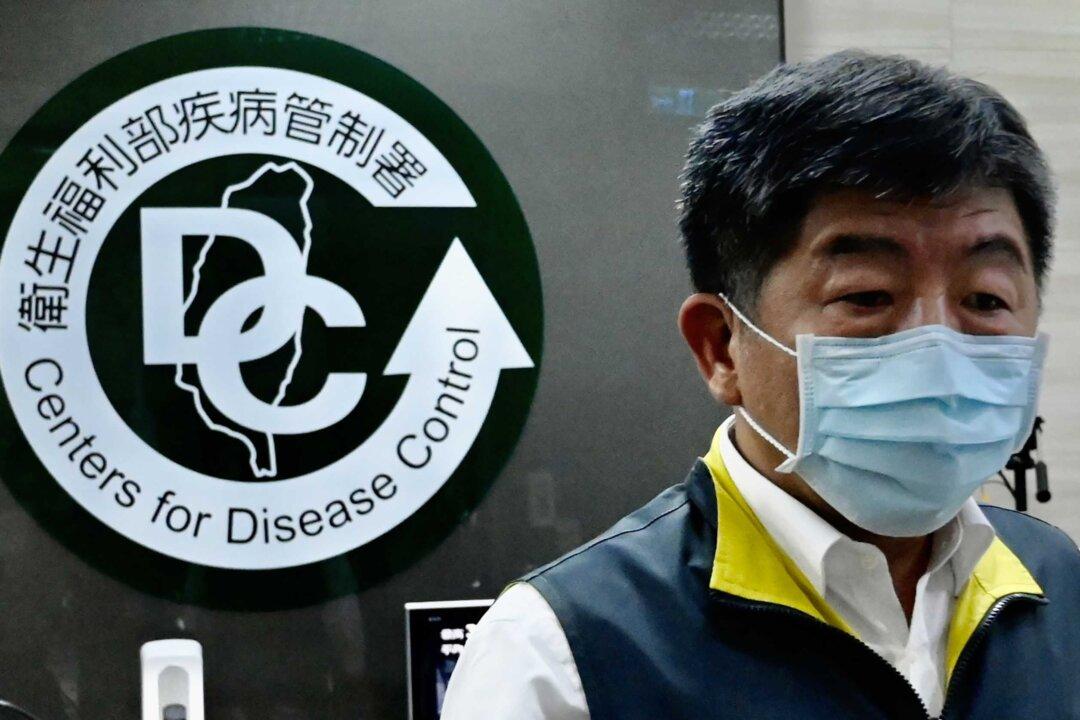Commentary
In 1988, I lived in the Taipei International Youth Activity Center, studied Mandarin at Guoyu Ribao, and taught English at a bushiban “cram school,” the California Language Academy.

In 1988, I lived in the Taipei International Youth Activity Center, studied Mandarin at Guoyu Ribao, and taught English at a bushiban “cram school,” the California Language Academy.